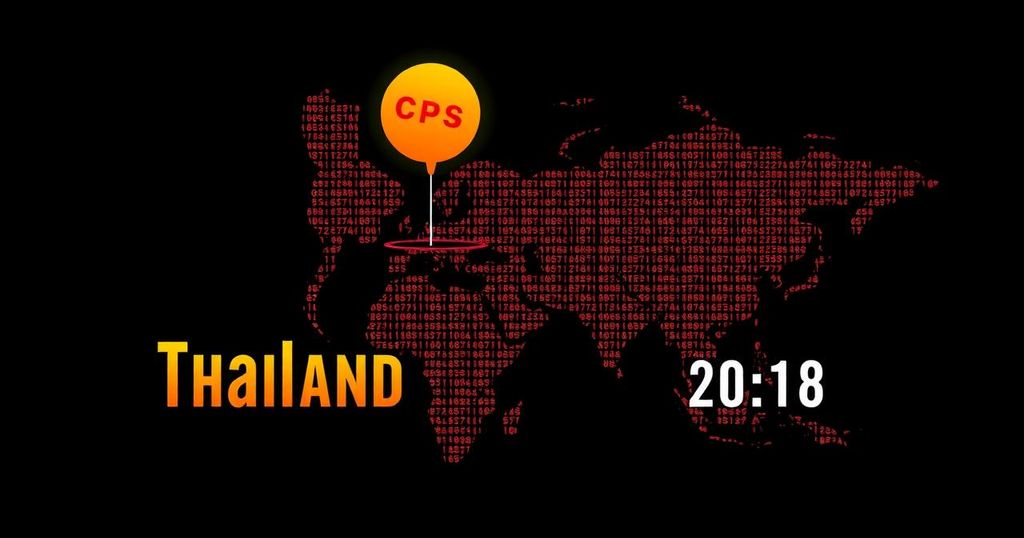Understanding Thailand’s Wariness Towards China’s Growing Influence
Summary
Thailand’s relationship with China has grown through significant infrastructure projects, notably a trans-continental railway, but concerns arise from historical experiences of domination and a widening trade deficit. The country’s shift towards China post-2014 coup complicates its foreign relations, as Thailand now faces pressures to navigate between its longstanding partnership with the U.S. and its economic association with China.
In recent years, Thailand has strengthened its ties with China through ambitious ventures such as the trans-continental railway project aimed at enhancing connectivity within the region. While this initiative promises significant economic opportunities, there are growing concerns regarding its strategic implications. These worries are rooted in Thailand’s historical experiences, particularly relating to the World War II-era Death Railway, which was constructed under harsh conditions and led to the suffering of many laborers. Since the military coup in 2014, Thailand’s alignment has increasingly leaned towards China, marking a departure from its historical partnership with the United States. This shift has been characterized by an increasing dependency on Chinese military equipment and greater economic ties. The ongoing trade relationship has raised concerns as well, with Thailand experiencing a considerable trade deficit with China due to an influx of competitively priced Chinese goods. In 2023, Thailand’s trade deficit with China reached $28.1 billion, and by mid-2024, this figure had increased significantly, impacting local industries, particularly small and medium-sized enterprises (SMEs). Though the economic benefits of projects like the high-speed railway are acknowledged, the lingering fears of external domination complicate the situation. Experts caution that if geopolitical tensions between the U.S. and China escalate, Thailand may find itself facing tough choices regarding its alliances and infrastructure security. To navigate these challenges, analysts recommend that Thailand remain vigilant regarding China’s military activities within Southeast Asia and adopt strategies to balance its relationships with both China and other global powers, including the U.S. Under the leadership of the newly appointed Prime Minister Paetongtarn Shinawatra, the government has pledged to address these economic concerns and protect the interests of SMEs fundamentally impacted by foreign competition. Overall, Thailand’s relationship with China is complex, characterized by economic opportunities intertwined with significant geopolitical risks that require careful navigation and strategic foresight.
The growing relationship between Thailand and China is primarily driven by significant infrastructure projects such as the trans-continental railway, designed to bolster economic ties and regional connectivity. Historically, Thailand has shifted its foreign policy alignment following the 2014 military coup, moving away from its long-standing partnership with the United States towards closer relations with China. This transition has raised concerns regarding economic imbalances and the risks associated with becoming strategically reliant on China, particularly in light of historical experiences during World War II when Thailand faced occupation and dominance in the region. The contemporary landscape suggests a potential resurgence of such tensions, prompting experts to urge for vigilant policy-making to balance relationships across major global powers.
In conclusion, while Thailand’s relationship with China presents significant economic prospects, it is fraught with historical apprehensions and emerging geopolitical threats. The trade deficit with China and dependence on its goods highlight the need for proactive measures to protect local industries and maintain a balanced foreign policy amidst rising tensions between China and the U.S. The current government’s commitment to supporting SMEs and fostering a clear, consistent foreign policy is a prudent step towards addressing these challenges and ensuring national interests are safeguarded.
Original Source: www.rfa.org








Post Comment